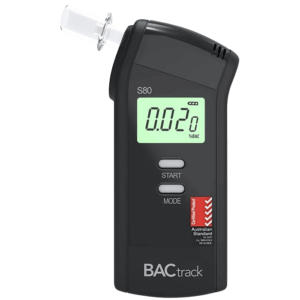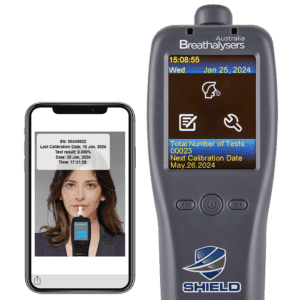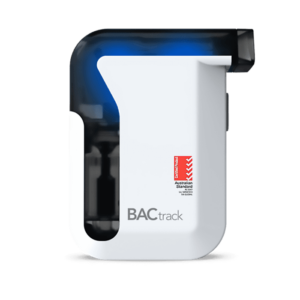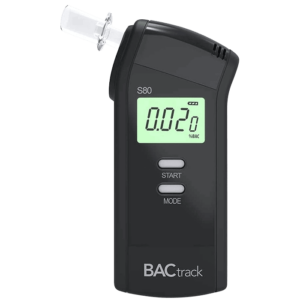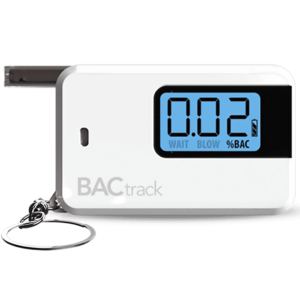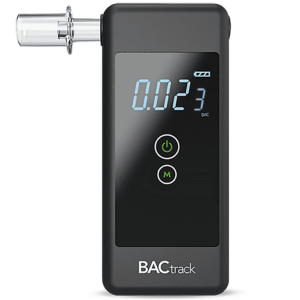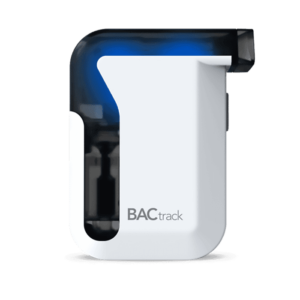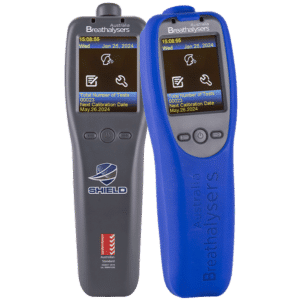Drug Test NZ: Complete Guide to Drug Testing in New Zealand
15 February, 2024
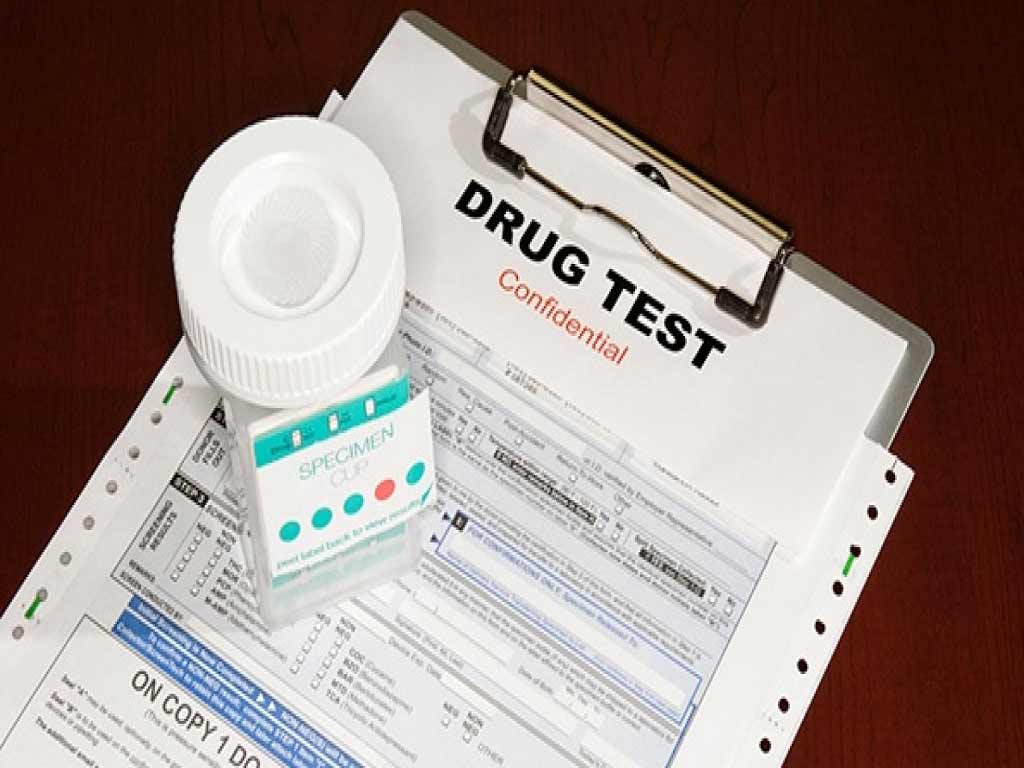
Drug testing has become increasingly important in many sectors, including workplaces, sports organisations, and law enforcement agencies. In New Zealand, it is conducted to ensure safety and prevent drug-related incidents. Drug tests in NZ take many forms, with urine, saliva, blood, hair, and breath testing as the most common. However, there are certain procedures and protocols when implementing drug testing in New Zealand. Companies who want to do so should first establish a workplace policy.
Substance abuse is a prevalent issue in the society. According to statistics, it costs businesses billions of dollars each year. This is due to reduced productivity, workplace accidents, high insurance costs, and legal issues. Therefore, one of the proactive measures is to conduct drug testing. It not only prevents untoward incidents but also deters abuse and other health-related issues. This guide aims to provide a comprehensive overview of testing procedures, benefits, different methods, and guidelines for implementation.
Jump to a Section:
- An Overview of Drug Testing in NZ
- Benefits of Conducting Drug Tests in NZ
- Is It Legal to Conduct Drug Tests in NZ Workplaces?
- Drug Tests in NZ as Part of a Workplace Policy
- Methods for Drug Testing in NZ: Breathalysers
- Methods for Drug Testing in NZ: Urine Drug Test Kits
- Methods for Drug Testing in NZ: Saliva Drug Test Kits
- Methods for Drug Testing in NZ: Blood Tests
- Methods for Drug Testing in NZ: Hair Follicle Tests
- Implementation Guidelines When Conducting Drug Tests in NZ
An Overview of Drug Testing in NZ
Drug testing in NZ is a crucial aspect of ensuring safety and compliance in various settings. This includes workplaces, healthcare, and rehabilitation centres. The primary purpose of the tests is to detect the presence of illicit drugs or alcohol in a person. It helps to identify those who may be at risk of impaired performance or who may require assistance in overcoming substance abuse issues.
In the workplace, drug and alcohol testing plays a vital role in maintaining a safe and productive environment. Employers implement company policies to deter drug use, especially in industries where the safety of employees is paramount. Accordingly, it is compulsory testing in the transportation, mining, and construction sectors.
Individuals who test positive for illegal substances may face disciplinary action or legal consequences. For example, employees may deal with suspension or termination, depending on the severity of the case. In some cases, they may be required to undergo counselling or rehabilitation programs. Overall, it serves multiple purposes, including safety and support for individuals struggling with addiction.
A Brief History
- Drug tests date back to the early 1900s when opium testing began.
- In the 1960s, it has expanded to include stimulants and sedatives.
- Later on, the New Zealand police implemented roadside drug screening to test individuals if they were driving under the influence of drugs.
- The Misuse of Drugs Act in 1975 established regulations for drug testing and control.
- Workplace drug testing became possible due to the Health and Safety in Employment Act of 1992. This regulation requires employers to approach occupational health and safety in a systematic but flexible manner.
- New Zealand implemented drug testing as a mandatory requirement in safety-sensitive industries.

Benefits of Conducting Drug Tests in NZ
Conducting drug tests in NZ offers several benefits. One of the main benefits is enhanced workplace safety. Regular drug and alcohol screening helps ensure a safer work environment by identifying individuals who are under the influence of drugs. This is especially crucial in high-risk sectors where impaired employees can pose significant risks to themselves and others.
Another benefit is the increased productivity. By identifying employees who are abusing drugs or alcohol, employers can address the issue promptly and provide them with the necessary support or intervention. This can help improve productivity as individuals receive the help they need to overcome their addiction. Likewise, it minimises strain among co-workers who may need to cover for others.
Moreover, drug testing enables companies to meet the legal requirements in their industries. The implementation of testing policies allows employers to demonstrate their commitment to maintaining a safe and compliant work environment. Lastly, it serves as a deterrent for individuals who are engaging in drug use. Knowing that they may be subject to random drug tests can discourage employees from using illicit substances, ultimately promoting a healthier and more responsible workforce.
Importance of a Safe Working Environment
A safe working environment is essential for the well-being and success of both employees and employers. It ensures that individuals can perform their job duties without unnecessary risks or hazards. Particularly, it helps prevent accidents, injuries, and illnesses that may occur due to hazardous conditions or unsafe practices.
Furthermore, a safe workplace enhances productivity and efficiency. When employees feel safe and comfortable, they are more likely to focus on their tasks and perform their duties effectively. Thus, many employers prioritise investing in drug and alcohol testing programs to ensure the success and growth of their organisation.

Is It Legal to Conduct Drug Tests in NZ Workplaces?
In general, yes, it is legal to conduct drug tests in NZ workplaces. The government does not have specific legislation that explicitly governs employment testing, but it is widely practised in many industries. Small business owners may also enforce these measures through a company policy. However, there are certain guidelines and regulations to be followed to navigate the complexities of drug testing.
One of the regulations is the Health and Safety at Work Act 2015. This act requires all employers to protect the health and safety of their employees by taking all reasonably practicable steps to eliminate or minimise hazards in the workplace. Under this legislation, employers have the right to implement testing procedures as part of their safety initiatives.
In addition, it is important for companies to adhere to privacy laws. These laws set out rules for collecting, using, and disclosing personal information, including drug test results. Employers must have a legitimate reason for conducting the tests and handle the collected information in accordance with privacy laws. Any violations can result in legal consequences for the employer.
Can Employees Refuse Getting Tested?
Mainly, employees cannot refuse a drug test that is sanctioned by their employer. This is particularly true in companies with drug testing as part of their employment agreement. Additionally, employers can include in their workplace drug and alcohol policies that testing is a necessary safety measure and the consequences of non-compliance.
Refusing to take a drug test can result in disciplinary action, including termination. Employers are also more likely to ask employees to take a random test if their job involves safety-critical work, such as driving or operating machinery. Therefore, it is crucial for current and prospective employees to understand their rights and responsibilities.

Drug Tests in NZ as Part of a Workplace Policy
Companies who want to perform drug testing in NZ should first develop a comprehensive policy. Having a clear set of procedures and guidelines is essential to ensure a drug-free and compliant work environment. Substance abuse can significantly impact job performance, productivity, and overall well-being. With clear policies in place, both employers and employees can better understand their roles and responsibilities when it comes to workplace safety.
Moreover, a comprehensive workplace policy outlines the procedure and guidelines for drug and alcohol use. It should clearly state the purpose of drug testing, testing methods, and the consequences for positive results. It should also outline what substances are being tested for and how often testing will occur.
Education and awareness programs are also vital components of the policy. Employers should provide resources and training to educate employees about the dangers of drug and alcohol abuse and how to recognise signs of impairments. Therefore, it promotes responsibility and accountability. Well-informed staff can make informed decisions to make the workplace safer.
Types of Tests Companies Can Conduct
- Pre-employment drug testing: Companies may conduct this test to ensure that potential employees are free from substance use that may hinder their abilities to work safely and effectively.
- Random testing: This test happens without prior notice. This approach helps determine employees who may be presently impaired and deter substance abuse.
- Post-incident testing: This test helps determine if drug or alcohol use is a factor in an accident.
- Reasonable suspicion testing: Employers may request a drug test for a particular displaying signs of impairment.
- Return-to-duty testing: This test ensures that an employee with a previously positive result is no longer using illicit substances.
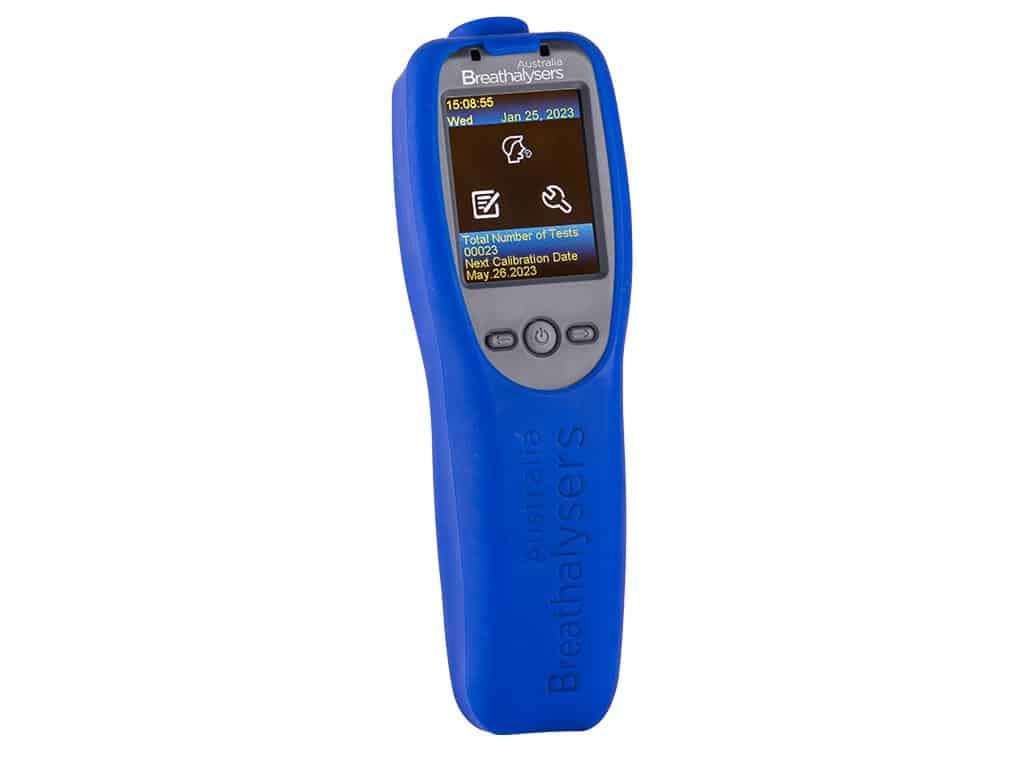
Methods for Drug Testing in NZ: Breathalysers
Breath alcohol testing is one of the methods included in drug testing in NZ. It uses a sensing device called a breathalyser. The device measures the concentration of alcohol in the bloodstream through the breath sample. Hence, it provides an indication of the current impairment level of the person. In addition, the testing process is simple, and it can return the Blood Alcohol Content (BAC) results in seconds.
Breathalysers work by detecting the presence of ethanol in the exhaled air, which is a byproduct of alcohol metabolism in the body. The device uses a chemical reaction through its sensors to produce electrical signals. The strength or number of electrical output indicates the presence and concentration of alcohol.
After breath testing, the device calculates the BAC and displays the results on the screen. The BAC is often expressed in percentage, which is the amount of alcohol in grams per 100ml of blood. Therefore, it provides a reliable estimate of the intoxication level. This makes breathalysers convenient and efficient devices for alcohol use monitoring.
Advantages of Breathalysers
Breathalysers allow a non-invasive testing process to determine alcohol use or impairment. It is easy to use and can be operated by anyone. However, it is important to follow the proper operation to ensure accurate results. Another advantage of breathalysers is they can give numerable or measurable results instead of qualitative outputs.
Furthermore, breathalysers are reusable. This makes it convenient for high-volume testing requirements, like workplaces. Nevertheless, these devices require periodic recalibration to maintain their accuracy and performance. Lastly, they give instant results, typically within 10-15 seconds. This allows individuals, authorities, or management to make informed decisions.
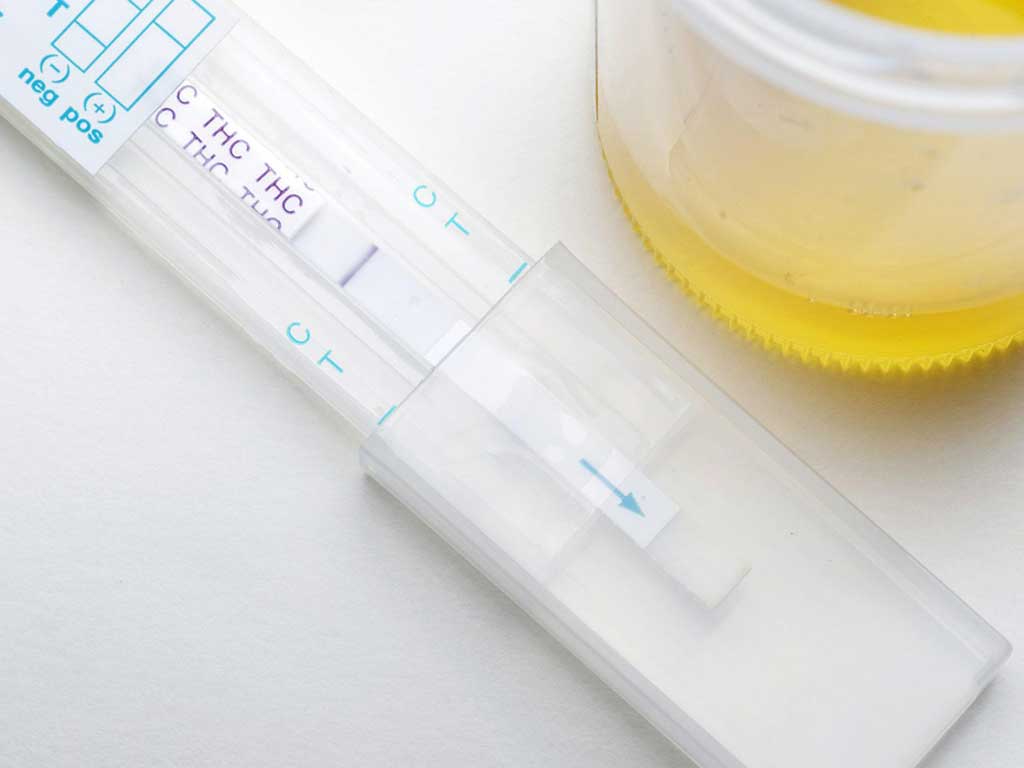
Methods for Drug Testing in NZ: Urine Drug Test Kits
Urine testing is a standard method of drug testing in NZ. It is a type of test that detects the presence of drugs or their metabolites in the urine sample. Workplaces often use urine drug test kits as a cost-effective way to screen for illegal substances in the system. This method is common in workplaces and other settings due to its accuracy and ease of use.
The urine drug test kits typically consist of a collection cup and test strips or cassettes. The process begins with the individual providing a urine sample in the container. Then, the test administrator immerses the test strip into the urine or adds a few drops of specimen to the cassette.
The test strip or cassette contains specific antibodies that produce a chemical reaction when it detects drugs in urine. This will result in the appearance or absence of lines or colour changes. The result is available after a few minutes. However, tests with non-negative results or the presence of substances should undergo confirmatory testing to identify the specific drugs and their concentration level.
Advantages of Urine Drug Test Kits
Using urine drug test kits offers several advantages. They are highly reliable in detecting drug metabolites for an extended period. It can trace substances for up to 72 hours or more. Additionally, it can detect a wide range of substances, including marijuana, cocaine, amphetamines, methamphetamines, opioids, and prescription drugs.
Another advantage is that they are simple and easy to administer, as they do not require any special training. They are also relatively inexpensive compared to laboratory testing, making them a practical option for employers. Furthermore, they provide quick results, usually within a few minutes, allowing organisations to take appropriate actions.
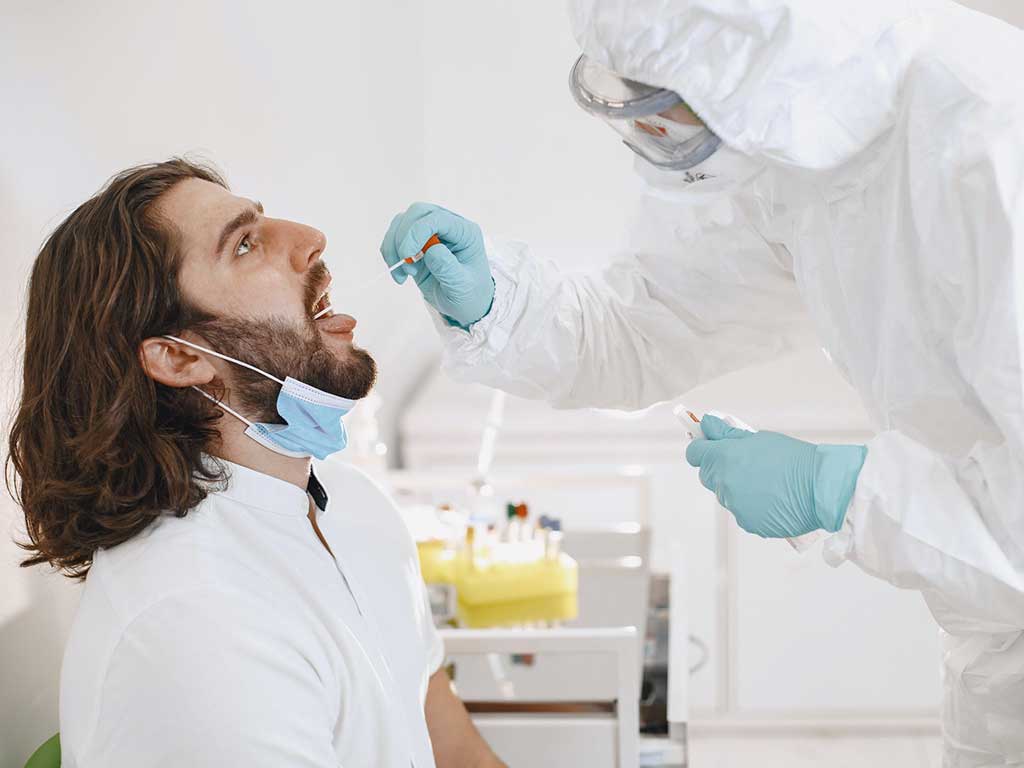
Methods for Drug Testing in NZ: Saliva Drug Test Kits
Saliva or oral fluid drug testing is another common method for drug testing in NZ. Saliva testing kits are convenient tools to detect drug use. Many use saliva testing as an alternative to urine when sample collection presents a challenge. Additionally, they have a shorter detection window of 24-48 hours, making them ideal for detecting recent drug use.
The saliva drug testing kits consist of a collection swab or sponge and a testing device containing reagents. The testing procedure involves inserting the swab inside the mouth and swabbing it against the inner cheek, gums, and tongue. The swab collects saliva samples, which contain traces of drugs if present. Afterwards, the swab is inserted into the reagent kit.
The kit or cartridge contains specific antibodies or enzymes that can react with the targeted substance. Similar to urine screening, if drugs are present, a chemical reaction occurs. It may result in a visible colour or line change. However, it is important to note that they may not be as sensitive as laboratory-based tests for detecting chronic use.
Advantages of Saliva Drug Test Kits
- Saliva drug test kits provide a non-invasive way to detect substances. It only requires a simple swab of saliva, which is a quick and painless method.
- They provide instant results, usually within a few minutes, allowing for immediate detection of drug use.
- It is suitable for reasonable suspicion or post-incident testing because of its short detection period.
- The sample collection procedure is more secure and less disruptive. A collection officer can conduct the test, making adulteration or substitution of the sample improbable.
- Saliva test kits are portable and can are easy to use anytime and anywhere, making them ideal for on-site testing.
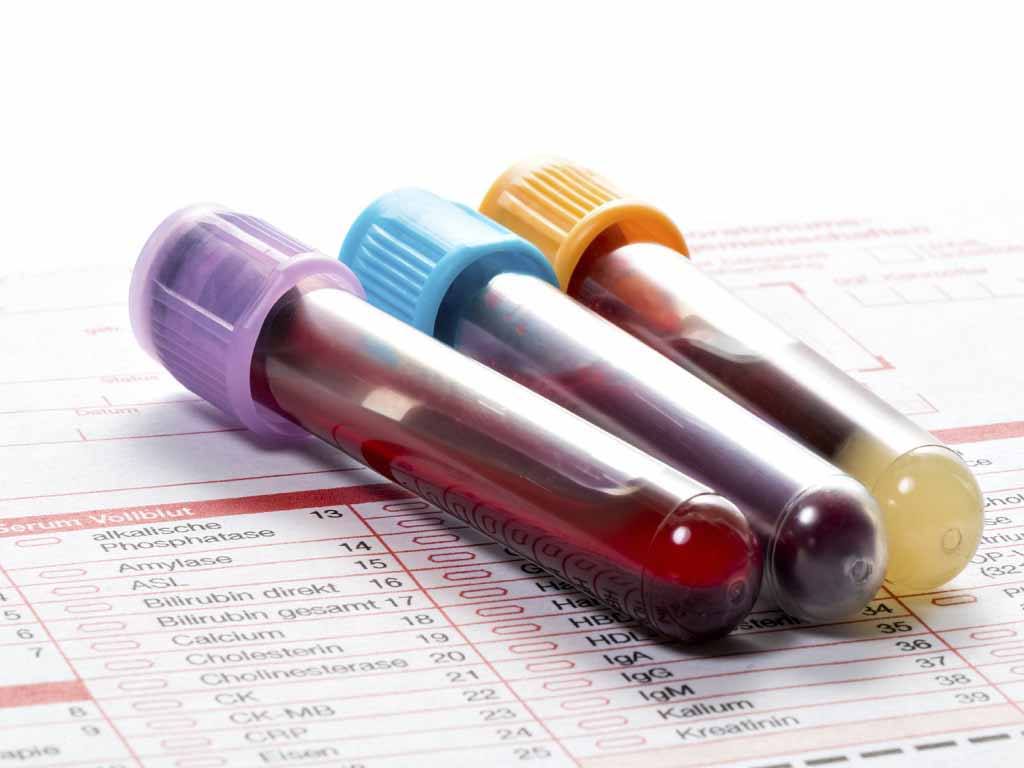
Methods for Drug Testing in NZ: Blood Tests
One of the most accurate and reliable methods for drug testing in NZ is the blood test. While it may not be as common as urine or saliva testing, blood tests are useful in many settings. This test can detect a wide range of substances, even at low levels, providing a more precise measurement of drug use.
The process begins by drawing a small amount of blood from the individual. Only trained professionals can perform the procedure due to its intrusive nature. Subsequently, the blood samples undergo laboratory analysis using advanced techniques like Gas Chromatography-Mass Spectrometry (GC-MS) and Liquid Chromatography-Tandem Mass Spectrometry (LC-MS/MS). This complex procedure can take hours or days to produce the results.
Applications of blood testing often include confirmation of preliminary urine or saliva drug screening. This test can quantify the exact amount of substances in the bloodstream. Moreover, it has a detection window of 6-12 hours, providing real-time updates on the drug status of a person. The accuracy of this test also makes it suitable for legal and forensic purposes, such as driving under the influence (DUI) cases or workplace incidents.
Advantages of Blood Tests
Blood testing offers several advantages for drug detection. Firstly, they are the most accurate and sensitive method of determining drug use. Blood tests mainly analyse the drug itself rather than its metabolites. Secondly, they provide a comprehensive analysis of the drugs present in the system. It can also help confirm initial drug screen results, minimising false positive cases.
Thirdly, their ability to identify specific substances and their quantities can provide valuable information for medical professionals. They are useful in emergencies, such as drug overdose or suspicions of drug use. Lastly, they can be helpful in monitoring treatment and rehabilitation.
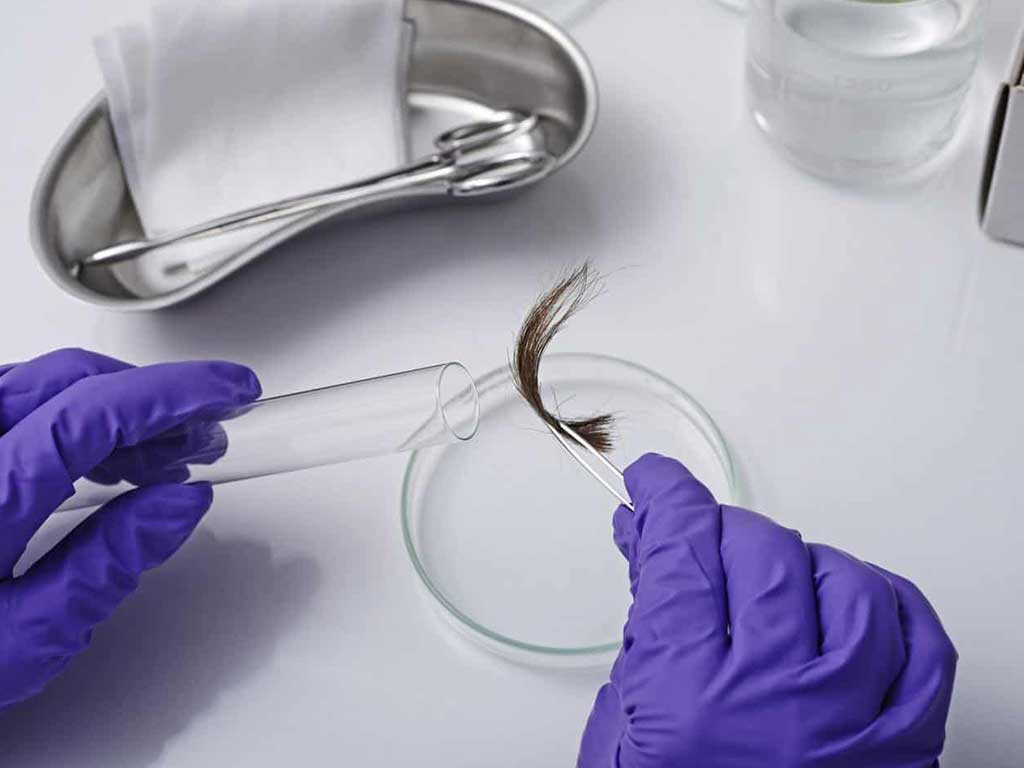
Methods for Drug Testing in NZ: Hair Follicle Tests
Hair follicle testing is a method of analysing hair samples for traces of drugs or alcohol metabolites. After a person ingests drugs, the body metabolises them, producing byproducts that enter into hair follicles through the bloodstream. These byproducts remain in the hair, making it useful for detecting long-term drug use or patterns.
During a hair follicle test, a collection officer or individual cuts a few strands of hair close to the scalp and sends it to a laboratory. The samples undergo testing in a laboratory using advanced techniques like GC-MS or Enzyme-Linked Immunosorbent Assay (ELISA). This process can trace substance use for up to 90 days, depending on the length of hair.
Hair drug testing in NZ can take place in a healthcare setting or at work during random or pre-employment drug tests. This helps determine if a person is a chronic drug user. Therefore, employers can make informed decisions. Likewise, healthcare providers can also recommend an appropriate treatment plan. Finally, it is beneficial in legal proceedings to prove evidence of drug use or abstinence.
Advantages of Hair Tests
Hair testing is a non-invasive method with a long detection window spanning three months. This means that it can detect substance use over a longer period compared to urine or saliva tests. This extended period makes hair testing effective in identifying individuals with substance use disorders.
The test is also difficult to manipulate, especially for those who may be attempting to hide their drug use by abstaining for a short period before a test. Hair drug test kits are also available, offering privacy for individuals. People can use it at home, send the samples to a laboratory, and receive the results by return mail.
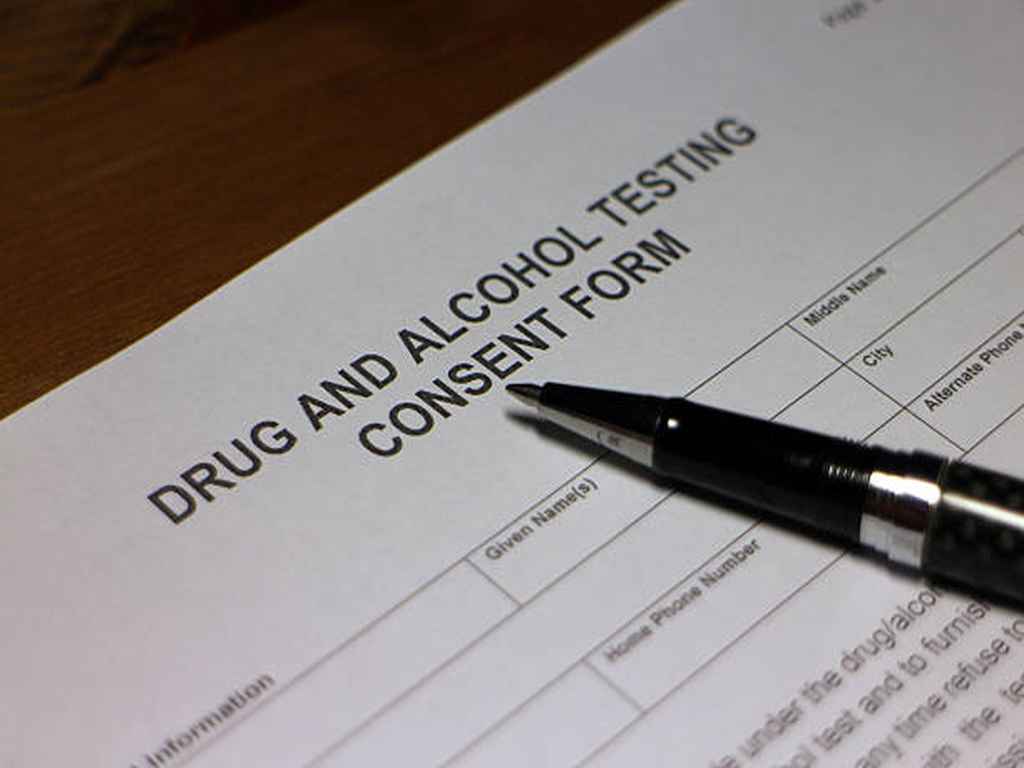
Implementation Guidelines When Conducting Drug Tests in NZ
Enacting programs for drug testing in NZ requires careful planning and adherence to specific guidelines. Firstly, it is vital to establish a fair policy. Employers should communicate this policy to all employees and ensure their full understanding and cooperation. It should also comply with the legal requirements of local laws or industry regulations.
Secondly, before performing the test, it is crucial to obtain written or signed consent from the individual. They should be fully aware of the purpose of the test and the possible consequences. Thirdly, workplaces should use reliable or certified devices to ensure their accuracy. For clinical tests, they follow laboratory standards or chain of custody requirements.
Furthermore, the testing procedure should be carried out in a fair and reasonable manner. In New Zealand, organisations adhere to the joint Australia/New Zealand (AS/NZS) Standard, which is the set of guidelines for drug testing in the workplace. These guidelines outline the procedures and protocols that should be followed to ensure fairness and accuracy in drug testing.
Confidentiality Procedures
- Confidentiality procedures ensure that the identity and personal information of individuals undergoing the drug test remain protected and secure.
- Individuals sign a consent form. This specifies details of what information will be collected and how it will be used. It also outlines who will have access to the information.
- Some organisations or testing agencies may use identification numbers or codes instead of personal names.
- To handle positive results, authorised personnel discuss the test outcome with the concerned individual in a private manner.
- Storage and data transfer of drug test results should be secure and in compliance with relevant privacy laws.
Conclusion
Drug tests in NZ are an important practice in many settings. Its main purpose is to ensure the health, safety, and well-being of individuals. The test aims to detect the presence of illegal substances in a person. Therefore, it helps to identify if an individual is under the influence of drugs or has substance abuse issues. Moreover, there are various types of test methods, such as breath, urine, saliva, blood, and hair testing.
Each testing method has its own advantages and considerations. They may differ in their detection windows, ease of use, turnaround time, and accuracy level. For alcohol screening, a breathalyser is an efficient tool to measure the BAC or intoxication level. Meanwhile, urine and saliva test kits are convenient for regular testing. Lastly, blood and hair tests involve laboratory analysis. Overall, understanding the nature and characteristics of each type can help determine the most suitable method for a particular situation.



















